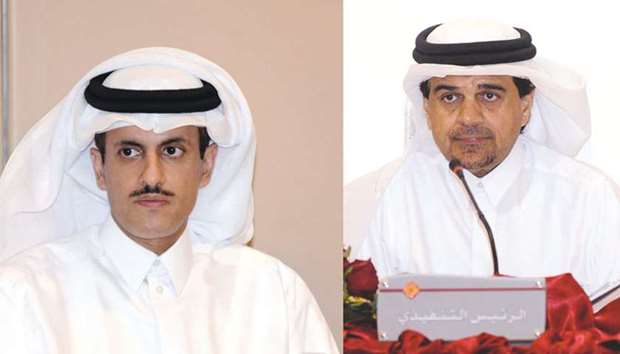QIIB has reported a 4% year-on-year growth in net profit to QR484mn in the first half (H1) of this year.
“This reflects that the bank’s financial performance has been consistent with that of the Qatari economy, which is witnessing a rapid and robust growth,” QIIB chairman and managing director Dr Khalid bin Thani bin Abdullah al-Thani said.
Total income increased 15% to QR1.04bn in H1, 2018. Total assets grew 3.7% to QR47.6bn, while investments portfolio expanded 28.1% to QR15.4bn.
QIIB’s capital adequacy ratio (under Basel III) stood at 15.91%, which is a testament to the bank’s solid position and its ability to cope with various market risks, said its chief executive Dr Abdulbasit Ahmad al-Shaibei.
Dr Khalid said the great resilience shown by the Qatari economy in facing the siege and various other challenges provided a unique environment that enabled the bank to finance many projects, which reflected positively on the various items on the QIIB’s financial position and the strength of its performance ratios. In line with the market developments, QIIB has devised a strategy that concentrates on the local market and partnership with various sectors of the Qatari economy with special attention being given to major infrastructure projects, according to him.
“(We) will continue to pursue opportunities outside of Qatar very diligently, focusing on risk mitigations and after elaborate feasibility studies. This will potentially lead to increased profitability and continued growth in various financial indicators of the bank,” Dr Khalid said.
Al-Shaibei said the H1 results clearly indicate that QIIB continues to grow in an upward trajectory, based on its strong solvency and clear strategic plans that rely on the strength of the Qatari economy.
“The unjust siege imposed on Qatar by the blockading countries to hinder the nation’s development has been converted into incredible opportunities, quest for self-reliance, new initiatives and creativity, search for new markets and partnerships and relationships with other countries and regions of the world,” he added.

Dr Khalid al-Thani: Great resilience. Right: Al-Shaibei: Upward trajectory.
